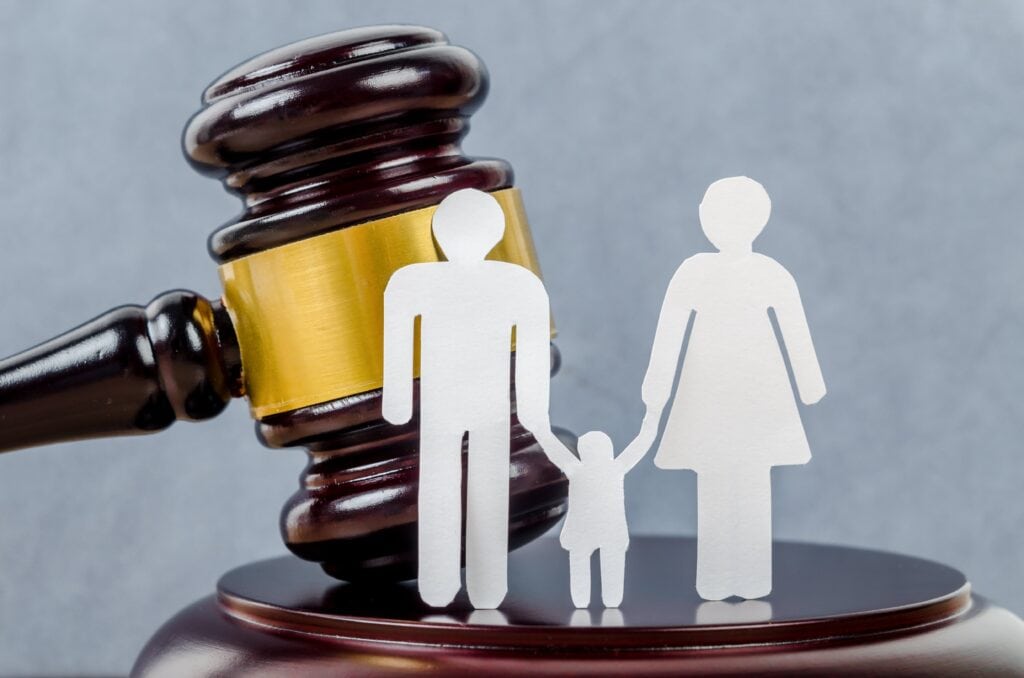Got a Speeding Ticket? What to Expect in North Carolina Traffic Court
A speeding ticket might seem like a minor inconvenience, but the truth is that the consequences can quickly add up, especially if you’re not familiar with North Carolina’s traffic court process. Before you simply pay the fine and move on, it’s crucial to understand all of your available options and the potential long-term impact on […]
Got a Speeding Ticket? What to Expect in North Carolina Traffic Court Read More »











